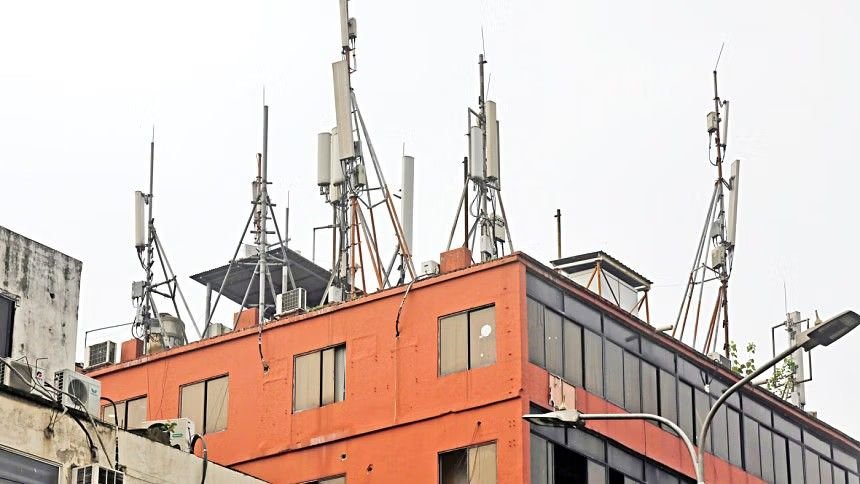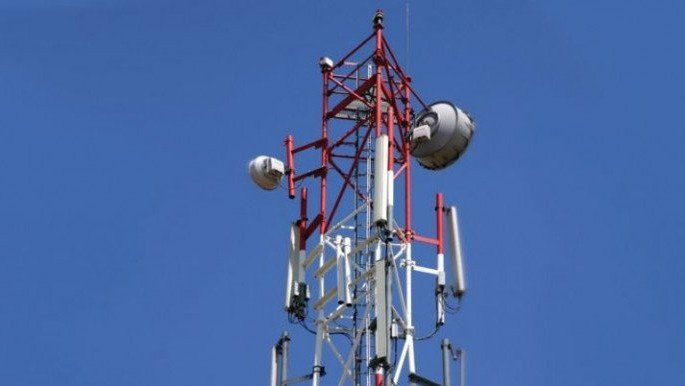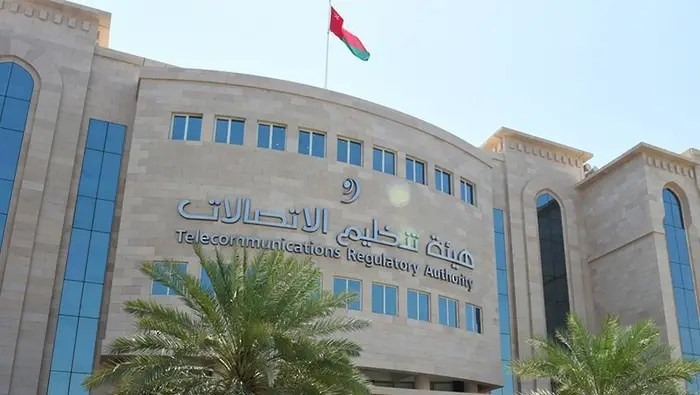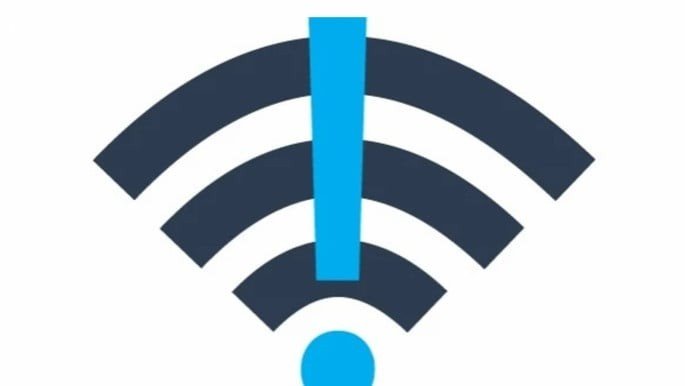The government has addressed concerns raised by major foreign telecom investors regarding the upcoming 700MHz spectrum auction, offering conditional pricing reductions to alleviate industry concerns.
Faiz Ahmad Taiyeb, the special assistant to the chief adviser with executive authority over the Ministry of Posts, Telecommunications, and ICT, proposed a 5-10 percent reduction in spectrum prices. However, this discount would depend on mobile network operators committing to infrastructure upgrades, lowering consumer prices, and improving service quality.
This response follows reservations from foreign investors about the auction, particularly concerns over high costs and uncertain returns. In a letter dated March 25, Taiyeb acknowledged these concerns, including spectrum costs, limited bandwidth availability, and device compatibility. However, he emphasized the government’s commitment to aligning pricing with global standards and addressing sectoral inefficiencies.
Earlier, on March 17, foreign telecom investors, including the parent companies of Bangladesh’s leading mobile network operators—Axiata, Telenor, and Veon—expressed concerns about the proposed parameters for the auction. They pointed out three main issues: the limited spectrum being released, the high pricing, and limited device compatibility with the 700MHz band.
In response to the criticism, Taiyeb defended the dollar-denominated spectrum pricing, citing the 40 percent devaluation of the Bangladeshi Taka against the US dollar since 2022. He stated that this approach was necessary to protect foreign-dominated telecom operators, who repatriate profits in USD.
Regarding the partial release of the 700 MHz band—2x25MHz out of a total 2x45MHz—Taiyeb mentioned that efforts were underway to resolve technical and commercial barriers to releasing the remaining spectrum. He highlighted the band’s importance for expanding 4G/5G coverage and Internet of Things (IoT) services.
The government also revealed plans to mandate local manufacturers and importers to stop selling non-compliant devices, aiming to increase the adoption of the 700MHz band, with 50 percent of existing 4G devices already supporting it.
Taiyeb criticized mobile network operators for underutilizing higher-frequency spectrum bands (7–18 percent usage), intended for urban capacity, blaming the lack of adequate infrastructure deployment such as Baseband Units (BBU) and Radio Resource Units (RRU) for fragmented networks, slow speeds, and call drops. He accused operators of keeping internet prices “artificially” high and restricting data validity periods, which he argued has hindered digital adoption.
“The telecom sector has not demonstrated proper willingness to adjust consumer pricing,” Taiyeb remarked. “Moreover, the very short data validity period of national internet packages is being criticized in society. This seems to be a coordinated vicious cycle that operators have artificially engineered, holding back the growth of internet services.”
The telecom regulator plans to auction spectrum in the 700 MHz band this year to support the expansion of 4G and the rollout of 5G networks in the country. The proposed price for the spectrum is set at Tk 263 crore per MHz, but further negotiations are expected as mobile operators are dissatisfied with the current pricing.
The last spectrum auction, held in March 2022, raised around $1.23 billion, with operators acquiring 190MHz of spectrum.















